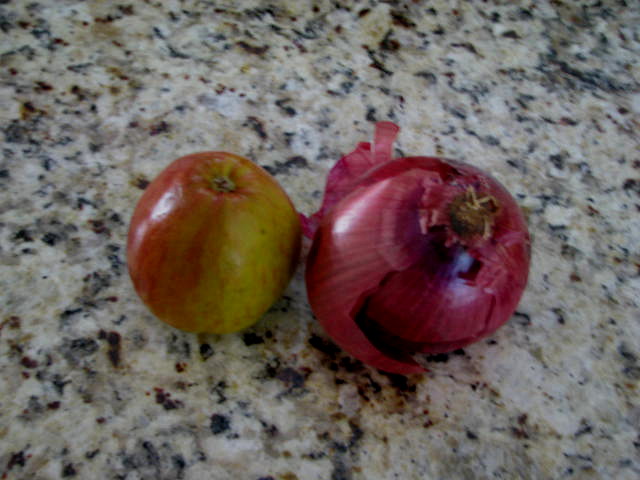Peaches are not peachy


The EWG used several years of federal food testing on grocery-store available fruits and veg not classed as "organic." Most likely to be pesticide laced: peaches, followed by apples, in a cluster at third place and below: sweet bell peppers, celery and nectarines.
EWG concludes you can lower your own personal pesticide exposure significantly by avoiding what they call "the dirty dozen." "Eating the 12 most contaminated fruits and vegetables will expose a person to about 10 pesticides per day, on average. Eating the 15 least contaminated will expose a person to less than 2 pesticides per day."
I am disheartened to see my favorite, cherries, in EWG's dirty dozen. But I found some goodies near the bottom of the list: avocado, onion, watermelon, asparagus.
One thing this compilation does not answer: does country of origin matter? Are domestic tomatoes cleaner than others, or not? Much of the year we can now buy produce grown in other countries, even other hemispheres. Does that alter the testing results?
The Organic Center has some skin in this game. Their own report concludes that produce from outside the U.S.often has more pesticides but not always. Here's a media summary.
Of course, most individual pieces of produce are never examined or tested by anyone for anything. Can some enterprising clean tech firm give us a handy little meter that will look at the bar code on the produce and then tell us the chances that a particular product has a high or low pesticide residue?